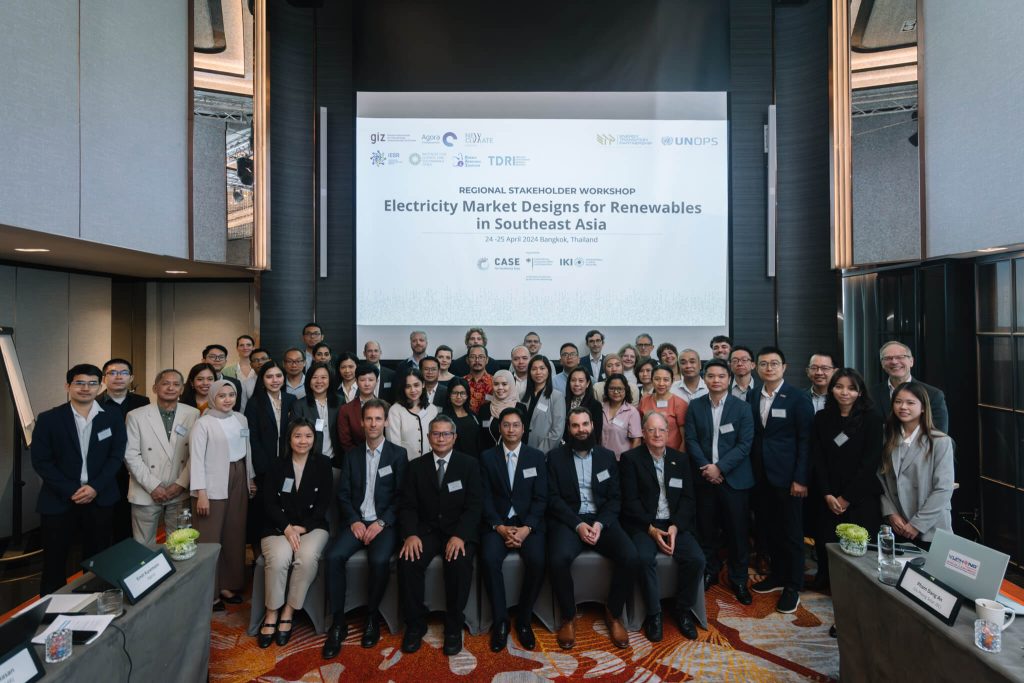Bangkok, 30 April 2024 – Southeast Asian economies need to significantly accelerate the deployment of renewable energy, particularly wind and solar, to achieve net-zero emissions by 2050. This urgent call to action set the stage for a critical two-day workshop convening more than 60 key stakeholders from Indonesia, the Philippines, Thailand and Viet Nam.
The workshop was organised by “Clean, Affordable and Secure Energy for Southeast Asia” (CASE) and the Southeast Asia Energy Transition Partnership (ETP). Sessions were held on 24-25 April 2024, in Bangkok, Thailand and brought together government ministries, regulators, utilities and renewable energy producers alongside international experts.
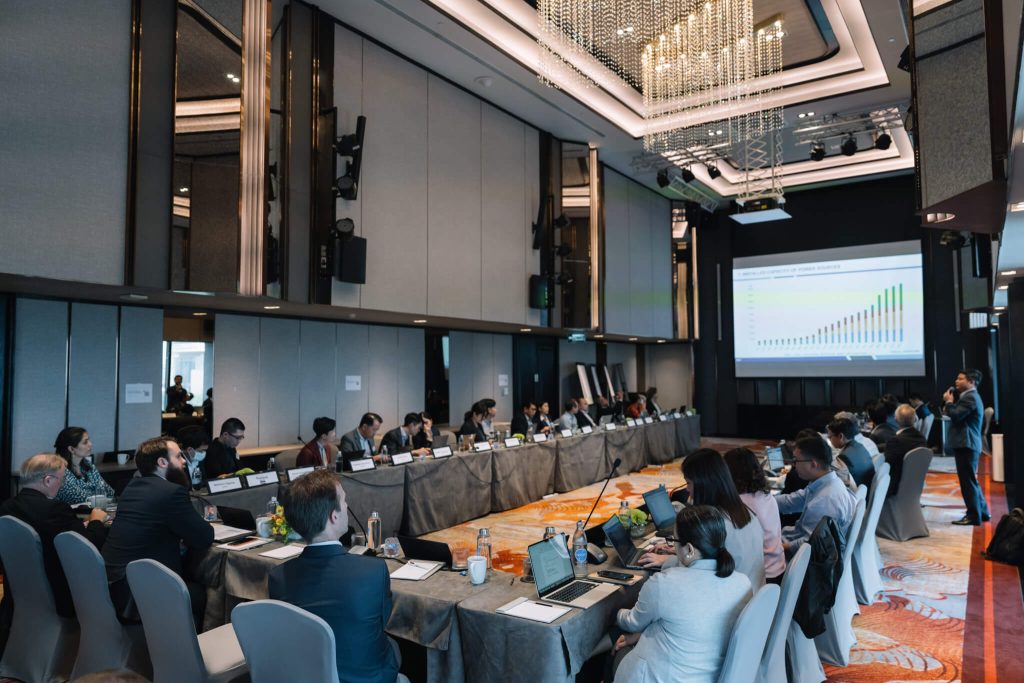
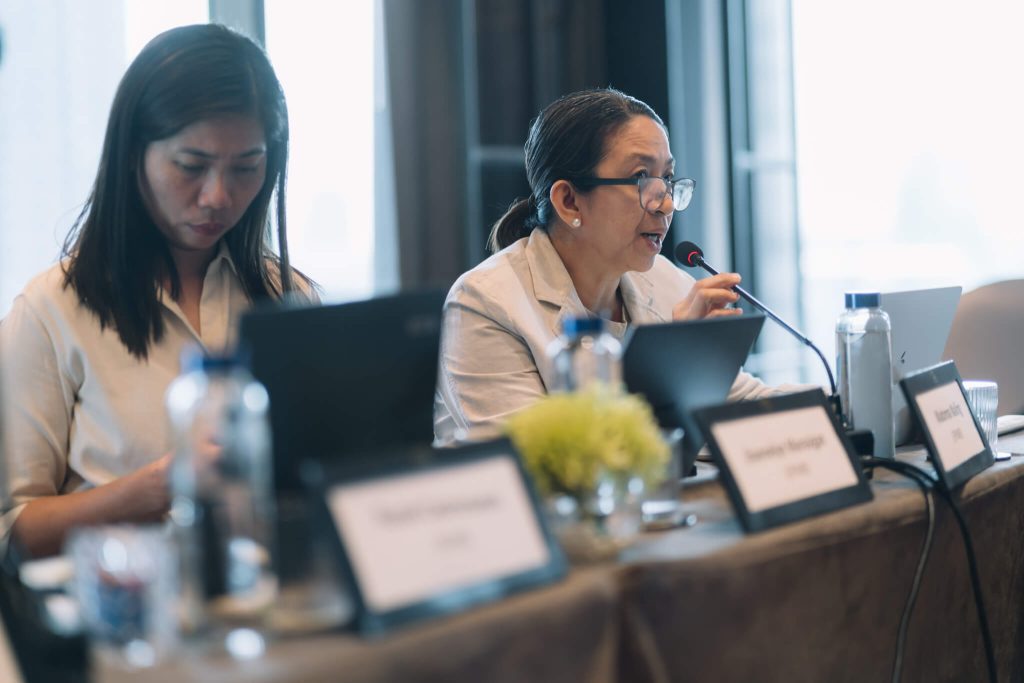
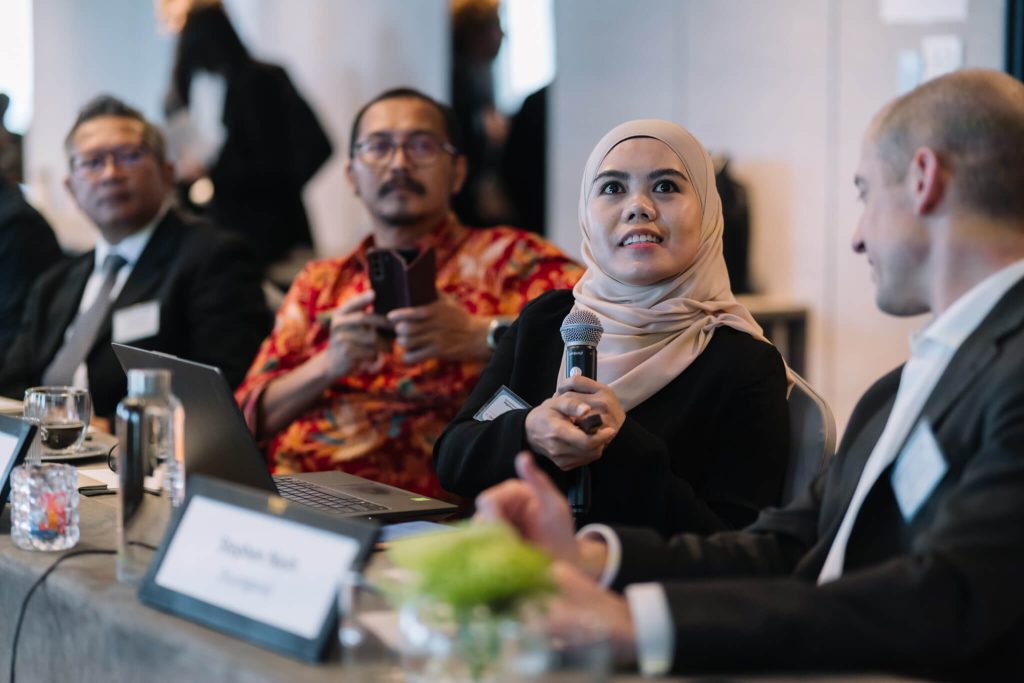
The aim of the collaborative forum is to unlock the full potential of clean energy in Southeast Asia and foster open dialogue by providing a space for prominent stakeholders from the region to engage with each other. Participants exchanged insights on trends, challenges, and opportunities for renewable energy transitions across Viet Nam, Indonesia, the Philippines, and Thailand.
“While Southeast Asia boasts strong renewable resources and investment opportunities, the current share of solar and wind in the energy mix remains relatively low, this event delves into how existing electricity market designs can be adapted to attract crucial investments in renewables and ensure smooth integration into power grids undergoing significant transformation.”
Sascha Oppowa, Energy Project Director at GIZ
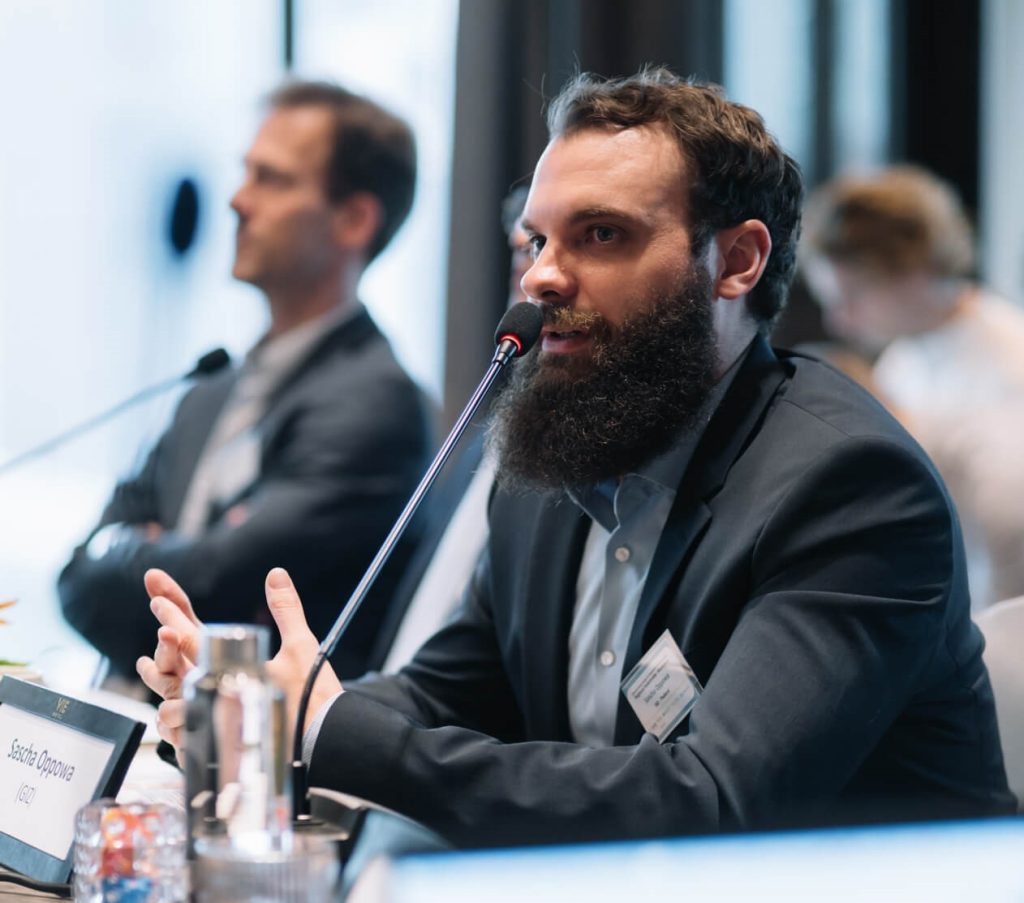
Further discussions focused on identifying policy measures that promote increased investment in renewable energy, cost-effective system integration, and resource adequacy despite growing intermittent supply. Participants also explored the benefits and opportunities presented by the ASEAN Power Grid (APG) for interconnected power systems across the region.
The collaborative actions pave the way for Southeast Asia to embrace a clean energy future. By working together on market reforms and knowledge sharing, the region can unlock the immense potential of renewables for a sustainable and secure energy future.
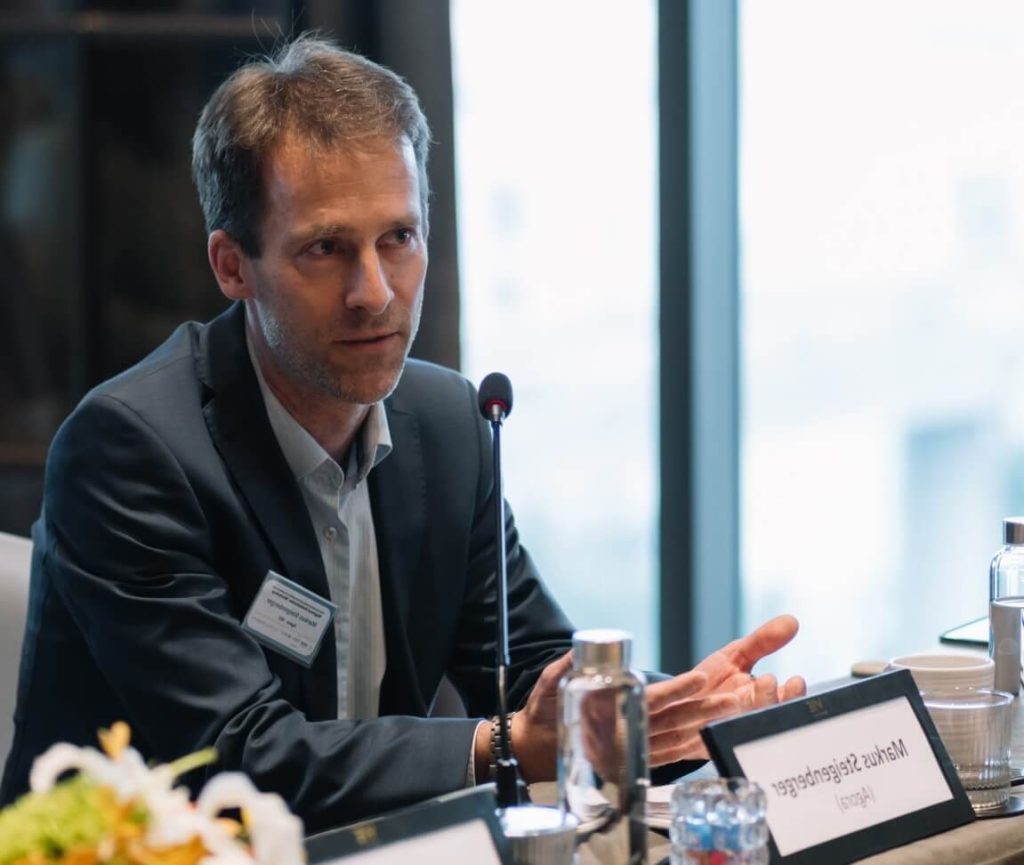
“Renewable energy deployment continues to reach record highs across the world, and solar and wind have become the cheapest sources of energy. In Southeast Asia, the progress has been slower, yet the region has huge potential for wide-spread adoption of variable renewables, untapping this potential for example by removing market barriers and introducing incentives to increase power system flexibility would bring significant socioeconomic benefits.”
Markus Steigenberger, Managing Director of Agora Energiewende
“Energy transition is a space that attracts various development partners. As a result, there is a large pool of resources that comes in, which strengthens the case for coordination and collaboration across different initiatives to streamline efforts towards energy transition,”
Philip Rose, Director of ETP
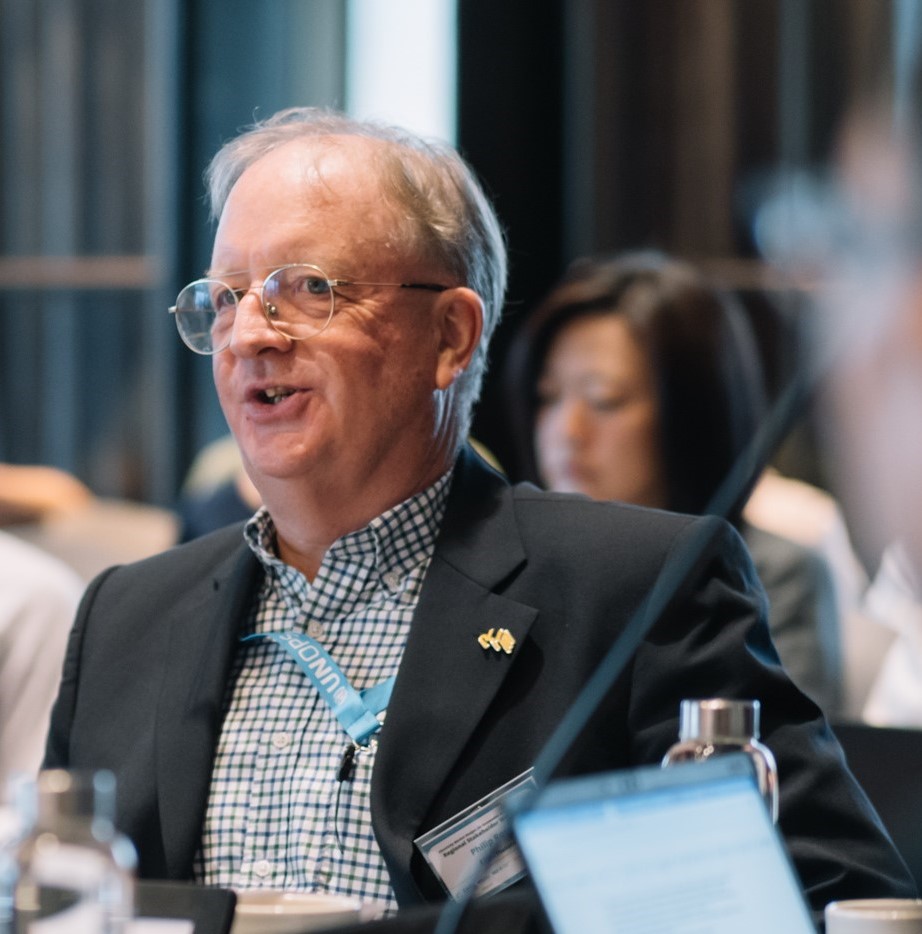
About Clean, Affordable, and Secure Energy for Southeast Asia (CASE)
The Project “Clean, Affordable and Secure Energy for Southeast Asia” (CASE) is jointly implemented by the Deutsche Gesellschaft für Internationale Zusammenarbeit (GIZ) GmbH and international and local expert organizations in the area of sustainable energy transformation and climate change. At regional level, these are Agora Energiewende and NewClimate Institute.
Funded by the German Federal Ministry for Economic Affairs and Climate Action (BMWK), CASE aims to support a narrative change in the region’s power sector towards an evidence-based energy transition, in the pursuit of the Paris Agreement goals. The project makes use of available research initiatives while generating new evidence grounded in local realities that can influence economic managers, power sector decision makers, industry leaders and electricity consumers to support early, speedy, and responsive strategic reforms in the power sector. To reach this objective, the project applies a joint fact-finding approach involving expert analysis and dialogue to work towards consensus by converging areas of disagreement. Read more: caseforsea.org
About Southeast Asia Energy Transition Partnership (ETP)
The Southeast Asia Energy Transition Partnership (ETP) is a multi-donor partnership formed by governmental and philanthropic partners to accelerate sustainable energy transition in Southeast Asia in line with the Paris Agreement and Sustainable Development Goals. ETP is managed by the United Nations Office for Project Services (UNOPS) and combines the best of the public and private sectors with the UN to help mobilize and coordinate technical and financial resources to build the foundations for renewable energy, energy efficiency and sustainable resilient infrastructures. ETP empowers its partner countries – Indonesia, Viet Nam, and the Philippines to transition towards a sustainable energy system, generate economic growth and ensure energy security. Read more: www.energytransitionpartnership.org

